Tea is the world’s most popular beverage with billions of cups being drunk each day worldwide. Tea contains hundreds of different chemical compounds which contribute to its colour, taste and scent – and its stimulating effects. The best-known is caffeine, but why does the plant make caffeine in the first place? What other mood-altering substances are found in a cup of tea?
In this hour-long, interactive webinar focussing on the book Steeped: The chemistry of tea, author and chemist Michelle Francl dives into what goes on in a cup of tea to discover the rich molecular brew that can be extracted from the leaves of the Camellia sinensis plant.
Beginning with the leaves, Michelle explores the chemistry behind the production and infusion of different styles of tea, from green teas to pu’erh. Michelle also takes you through the advice in Steeped which uses chemistry to offer advice on how to brew a better cup. Should you agitate the tea bag? Why do you get a weird film on your tea when you make it in the microwave and how can you get rid of it? What influence does the shape of the tea bag have on the final cup? And, of course, Michelle tackles the age-old question of when, or even whether, to add milk.
Meet the author
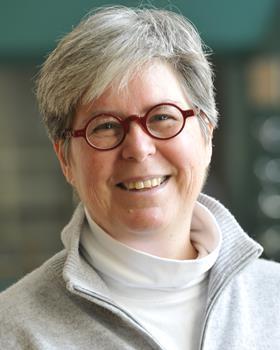
Michelle Francl
About the book
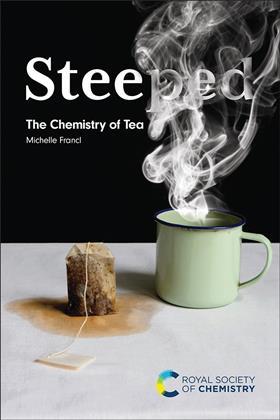
With her deep knowledge of chemistry, in her new book Steeped: The chemistry of tea, Michelle Francl explores the world’s most popular beverage.
The book is published by the Royal Society of Chemistry and will be available from 24th January 2024.
The Books arm of the Royal Society of Chemistry has been publishing scholarly titles covering the breadth of the chemical sciences for more than fifty years. Our books provide in-depth, up-to-date and authoritative coverage across the chemical sciences and related areas, making them valuable references for students, researchers and scientists in academia and industry. Our editors and authors are leading scientists and experts in their profession from across the globe.


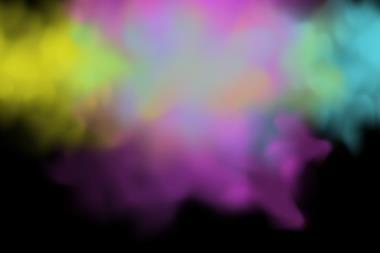

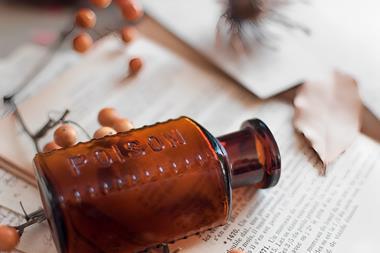
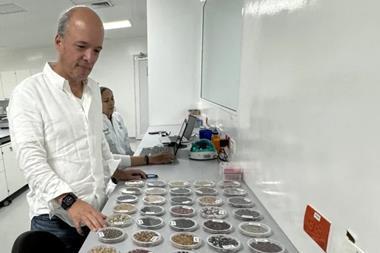
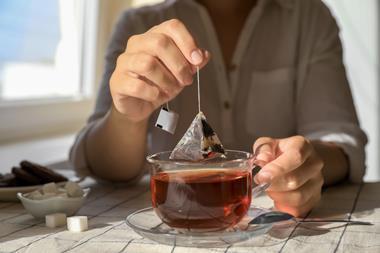


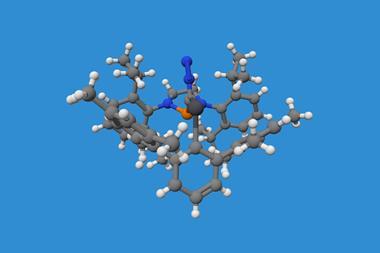
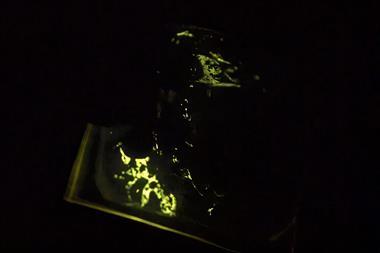







No comments yet